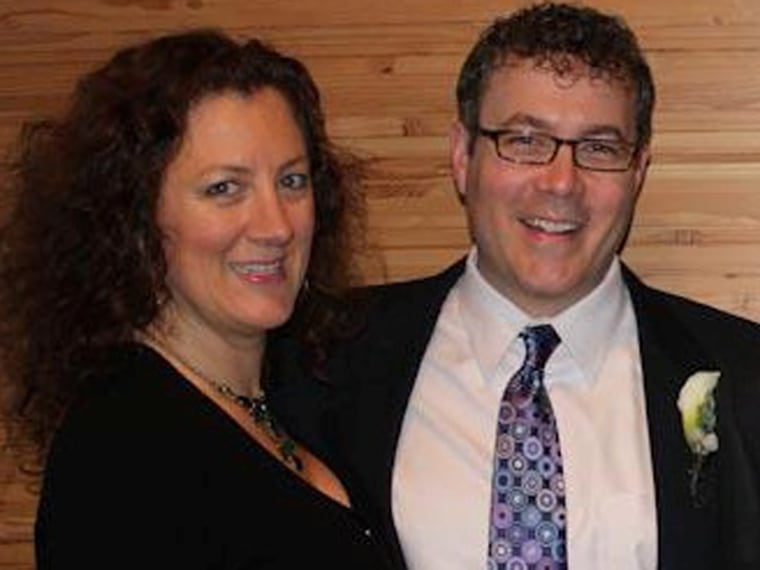Will and Grace knew it. Ditto for Stanford and Carrie. Now a new psychology study has provided evidence that gay men and straight women are the perfect friends with benefits – as long as the benefits have to do with trustworthy relationship advice.
“I was interested in the evolutionary perspective as to why gay men and straight women form close friendships,” says Eric Russell, a visiting psychology researcher at the University of Texas in Austin and lead author of the study, published in the latest issue of Evolutionary Psychology.
Russell wondered if it had something to do with the exchange of mating advice since gay men and straight women aren’t romantic partners or mating competition and were “uniquely positioned to exchange trustworthy information.”
To test his hypothesis, Russell enlisted the help of 88 straight women and 58 gay men, all undergrads from the Texas ChristianUniversity, and conducted two experiments.
In one, straight women were presented with a scenario involving a party, a friend who bags out at the last minute and a substitute “date” named Jordan. Researchers asked the women to look up a Facebook profile for Jordan -- who was presented as either a straight woman, a straight man or a gay man – and then answer a series of questions. In the second study, gay men were presented with the exact same scenario except the Facebook profile depicted Jordan as either a straight woman, a gay woman or a gay man.
The questions – designed to determine the level of trust test subjects had for each gender/sexual preference – were crucial to the person’s “game.” Was Jordan to be trusted when it came to fashion advice? Would Jordan tell you if you had something stuck in your teeth before talking to a cute guy at the party?
As it turned out, straight women did trust advice given by the gay Jordan more than the advice they got from a straight female or straight male Jordan. Gay men, in turn, trusted straight women’s relationship advice more than that proffered by gay women or other gay men.
“On average, I would say gay men and straight women probably trust each other around 20 percent more than other individuals,” says Russell.
Russell says he wasn’t surprised by the findings, although he did find it interesting that gay men were just as trusting of straight women as straight women were of gay men.
“It was really cool that we got this mutual interaction going on,” he says. “Both gay men and straight women share a relationship in the absence of mating competition or ulterior or deceptive mating motivations. They have this unique dynamic going on.”
It’s a dynamic well-documented in movies, literature and pop culture, says Russell, pointing to famous gay guy-straight gal friendships like Will and Grace and Kurt and Rachel from Glee. There’s even a series of YouTube videos from the comedy group Second City showing how a number of famous straight women from literature – think Juliet, Lady MacBeth and Charles Dickens’ Miss Havisham – could have benefited from a “sassy gay friend.”
“Critics think it’s just a stereotype and you only see this in the media,” says Russell. “But I see this dynamic all the time in real life.”
Jeff Fickes, a 45-year-old marketing communications director from Seattle, says he’s not too surprised by the study’s findings, especially since he’s been besties with Seattle actor/director Annie Lareau since they were both 18.

“In general, if you were asking whether I’d trust a straight woman or a gay man in an unknown situation, I’d probably end up trusting the straight woman rather than the gay guy,” he says. “Part of that is past experience where I feel like I’ve gotten more trustworthy feedback from straight women. And as a gay guy, I don’t feel there’s a different agenda happening, sexual or otherwise.”
Christyne Blount, a 38-year-old financial analyst from Seattle, says she definitely would trust a gay man more than that of a straight man when it came to dating advice but feels her straight women friends are every bit as reliable.
“I have a core group of ladies called the Naughty Girl Scouts and they are Rock of Gibraltar solid,” she says.
Incidentally, the researcher says he doesn’t believe the same level of trust could exist between gay women and straight men.
“There’s no research that’s studied straight men and lesbian women friendships, but I guarantee you that if we were to study them, we probably wouldn’t see the same mating advice effect going on,” he says. “Men aren’t driven solely by sex but they definitely have a higher drive to have sex than women do, on average. This could cause complications. A man might be sexually attracted to a lesbian and there could be ulterior motives.”
